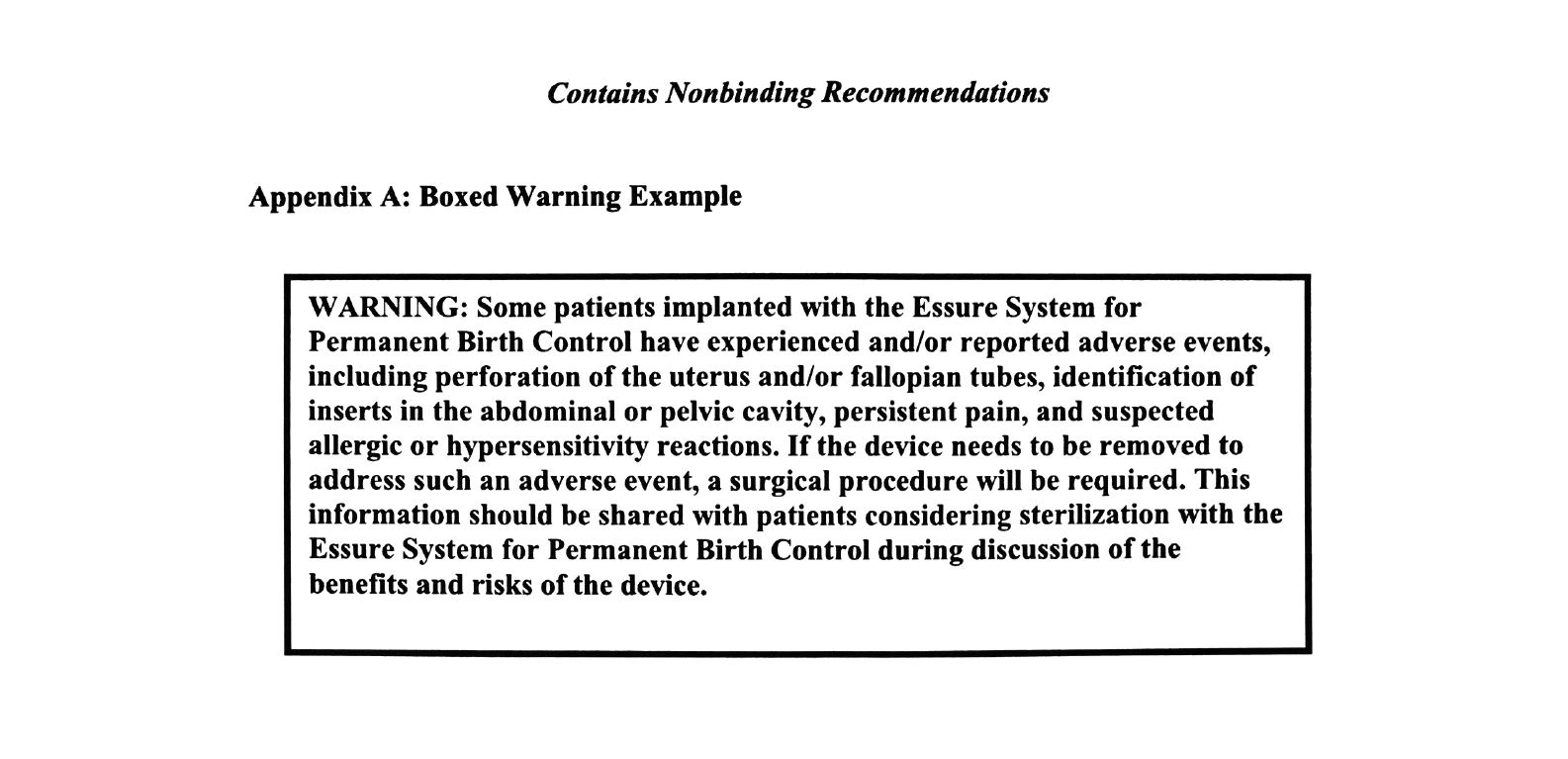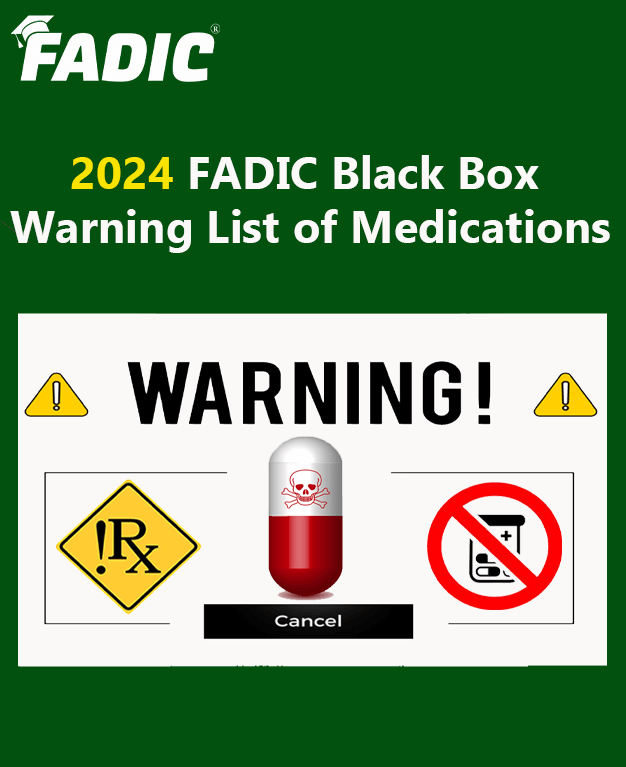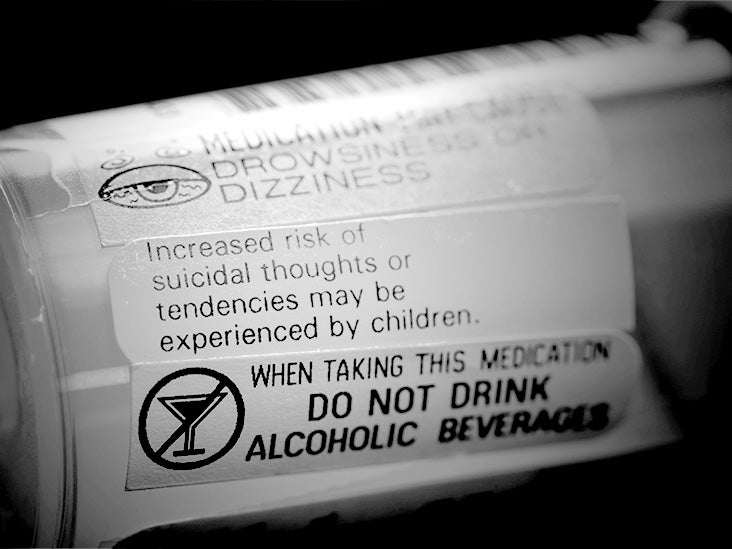Fda Removes Black Box Warning On Testosterone

The weightlifter, Mark, a man in his late 50s, paused, chalk dust clinging to his calloused hands. He stared at the barbell, a formidable challenge. But he wasn't just battling iron; he was also wrestling with years of confusing and often conflicting information about testosterone therapy – the very thing that helped him reclaim his strength after battling age-related decline.
In a move that has brought both relief and cautious optimism to men like Mark, the Food and Drug Administration (FDA) has recently removed the black box warning regarding cardiovascular risks associated with testosterone products. This pivotal decision, while not an outright endorsement, signals a shift in how the agency views the long-term safety profile of these medications, potentially opening doors for more informed discussions between doctors and patients about appropriate use.
The FDA's action centers around a re-evaluation of available scientific evidence, leading them to conclude that the existing data doesn't conclusively support a direct causal link between testosterone replacement therapy (TRT) and an increased risk of heart attack, stroke, or other cardiovascular events. This marks a significant turning point after years of uncertainty and has considerable implications for millions of men experiencing symptoms of low testosterone, also known as hypogonadism.
A History of Controversy and Caution
The journey to this point has been fraught with debate. Back in 2014, the FDA mandated the addition of a black box warning to all prescription testosterone products. This strong warning was prompted by two studies suggesting a possible link between testosterone therapy and an increased risk of cardiovascular events.
These initial studies, published in journals like *PLoS One* and the *Journal of the American Medical Association (JAMA)*, sent shockwaves through the medical community and fueled widespread media coverage. Men using TRT were understandably concerned, and many stopped their treatment altogether. Doctors faced a difficult dilemma, balancing the potential benefits of testosterone therapy against the perceived risks.
However, subsequent research and meta-analyses began to challenge the findings of the 2014 studies. Many of these later studies, using larger and more diverse patient populations, failed to replicate the original findings. They pointed to limitations in the earlier research, such as small sample sizes, methodological flaws, and a failure to adequately control for confounding factors like age, pre-existing cardiovascular disease, and lifestyle choices.
Specifically, critics noted that the initial studies often included men with pre-existing cardiovascular conditions, making it difficult to isolate the specific impact of testosterone therapy. Some studies also failed to distinguish between different forms of testosterone administration (e.g., injections, gels, patches), which can have varying effects on cardiovascular health.
The FDA's Re-evaluation: A Deep Dive into the Data
Over the past several years, the FDA has been meticulously reviewing the totality of evidence, including the initial studies, subsequent research, and real-world data from post-market surveillance. This comprehensive assessment formed the basis for their recent decision to remove the black box warning.
While the FDA acknowledges that some studies have suggested a possible link between testosterone therapy and cardiovascular events, they emphasize that the evidence is inconsistent and that further research is needed to fully understand the potential risks and benefits. The agency also highlights the importance of individualized risk assessment, emphasizing that treatment decisions should be made on a case-by-case basis, considering each patient's unique medical history and risk factors.
What the Experts Are Saying
"This is a step in the right direction," says Dr. Michael Irwig, a leading endocrinologist specializing in men's health. "The black box warning created unnecessary fear and anxiety among patients and hindered open communication between doctors and patients. Removing it allows for more informed decision-making based on the best available evidence."
Dr. Irwig, along with many other experts in the field, emphasizes that testosterone therapy is not without risks, and that it should only be prescribed to men with documented hypogonadism who are experiencing significant symptoms. He also stresses the importance of regular monitoring to assess treatment efficacy and identify potential side effects.
However, some researchers remain cautious. "While the removal of the black box warning is understandable given the conflicting evidence, it's crucial to remain vigilant," says Dr. Elizabeth Barrett-Connor, a professor of epidemiology at UC San Diego. "Long-term, large-scale studies are still needed to definitively determine the cardiovascular safety of testosterone therapy."
Implications for Patients and Physicians
The removal of the black box warning is expected to have several important implications. First, it may lead to increased awareness and acceptance of testosterone therapy as a treatment option for men with hypogonadism. Many men who were previously hesitant to consider TRT due to concerns about cardiovascular risks may now be more open to discussing it with their doctors.
Second, the decision is likely to facilitate more informed and nuanced discussions between doctors and patients. With the black box warning removed, physicians can now present a more balanced assessment of the potential risks and benefits of testosterone therapy, allowing patients to make more informed choices about their treatment.
Finally, the FDA's action may stimulate further research into the long-term safety and efficacy of testosterone therapy. By acknowledging the gaps in current knowledge, the agency is encouraging researchers to conduct more rigorous studies to address the remaining uncertainties.
Beyond the Black Box: A Focus on Responsible Use
It's important to remember that the removal of the black box warning does not mean that testosterone therapy is risk-free. As with any medication, TRT can have potential side effects, including acne, breast enlargement, and increased red blood cell count. It's also essential to ensure that testosterone therapy is used responsibly and appropriately.
Testosterone should only be prescribed to men with documented hypogonadism who are experiencing significant symptoms, such as fatigue, low libido, and muscle loss. It should not be used by men who are simply seeking to enhance their athletic performance or improve their appearance. Furthermore, men considering testosterone therapy should undergo a thorough medical evaluation to assess their overall health and identify any potential contraindications.
The decision to initiate TRT should be made jointly by the patient and physician, based on a careful consideration of the potential risks and benefits. Regular monitoring is essential to assess treatment efficacy and identify any potential side effects. Adherence to recommended dosages and administration schedules is also crucial to minimize the risk of adverse events.
A New Chapter in Men's Health
The FDA's decision to remove the black box warning on testosterone products marks a new chapter in men's health. It's a testament to the importance of ongoing research and the evolving understanding of medical science. While questions remain, the agency's action represents a positive step toward empowering men and their doctors to make more informed decisions about their health.
Back in his garage, Mark adjusted his grip, remembering his conversation with his doctor. The decision to continue therapy, even with the previous warning, wasn't taken lightly. This news, however, gave him a renewed sense of confidence. He breathed deeply, focused, and lifted. The weight rose, a symbol of his renewed strength and the ongoing journey of understanding and managing his own health.


















